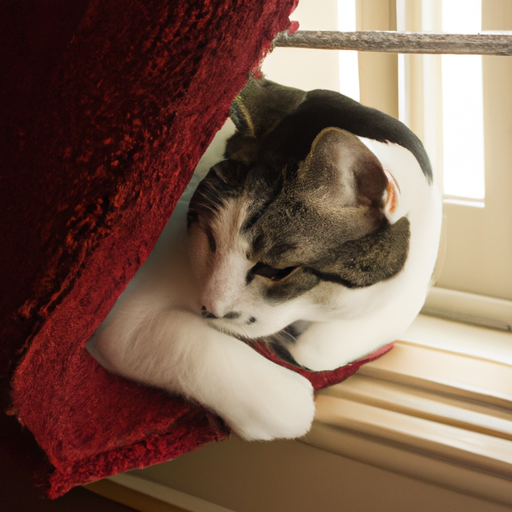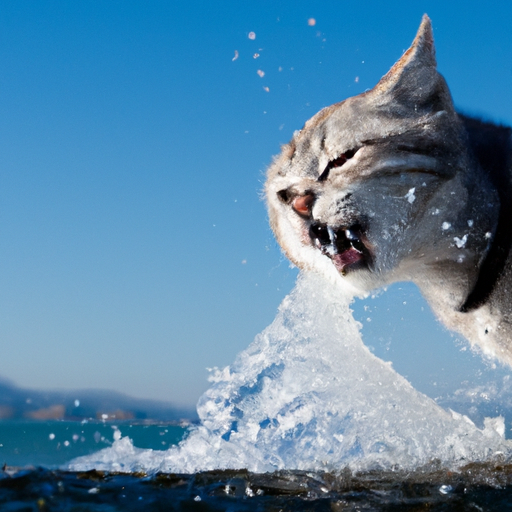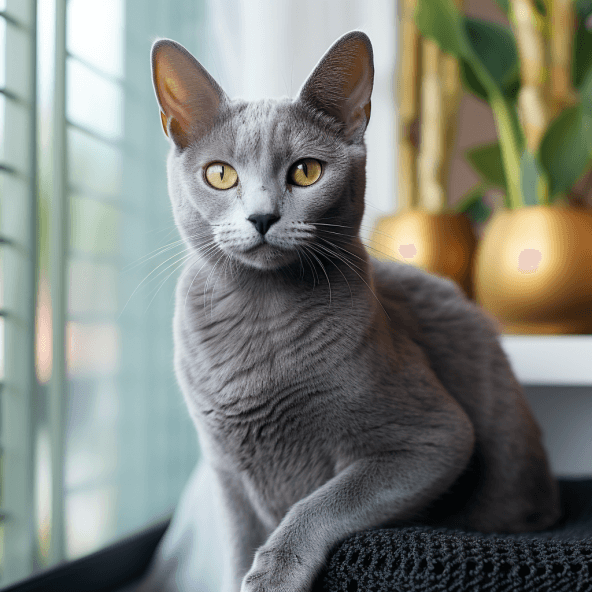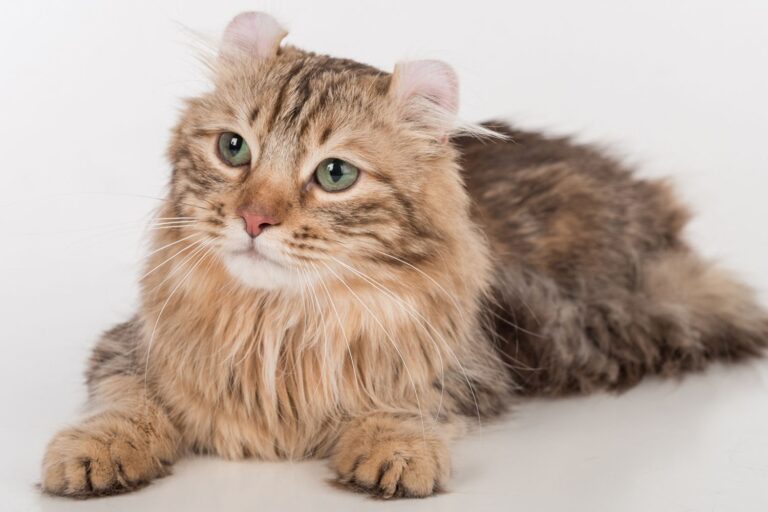How Long Can Cats Live?
Do you know how long can your feline companion live? The life expectancy of our favorite pets can vary greatly depending on factors such as breed, lifestyle and health status. “How Long Can Cats Live” is here to answer this and more inquiries, shedding light on the lifespan of cats and the critical influences that could make a difference. It will empower you with the knowledge to provide the best care possible, ultimately contributing to a longer and healthier life for your cat.
Understanding the Average Lifespan of Cats
Understanding the lifespan of cats can be a bit complex, given the various factors at play. From genetics to lifestyle, numerous aspects can influence a cat’s lifespan.
Defining the Average Lifespan
The average lifespan of a cat varies depending on a slew of considerations, including breed, diet, exercise routine, and whether they live primarily indoors or outdoors. While one cat may live into its twenties, another may only live for five or six years. That said, it’s generally accepted that the average domestic cat lives for around 13 to 17 years.
Factors Influencing Average Life Expectancy
As you might expect, countless factors can influence your cat’s lifespan. These include your cat’s diet, whether it’s neutered, whether it lives indoors or outdoors, the level of medical care it receives, and of course, its breed.
Different Breeds, Different Lifespans
Not all cats age at the same pace. Just as certain dog breeds are known to live longer than others, the same is true for cats.
Overview of Different Cat Breeds
There are over seventy cat breeds recognized by various cat registries. Some common breeds include the Siamese, Persian, Maine Coon, and Ragdoll, each with its unique characteristics and longevity.
Lifespan Range of Various Cat Breeds
While it’s essential to account for all factors when estimating a cat’s lifespan, breed can play a substantial role. For instance, Manx cats have a median lifespan of 7.5 years, while Siamese and Persian cats can often live into their late teens or even early twenties.
The Role of Breed in Life Expectancy
While breed can undoubtedly influence lifespan, it’s not the only factor at play. Ask any veterinarian, and they’ll tell you diet, exercise, and regular medical care are just as crucial.
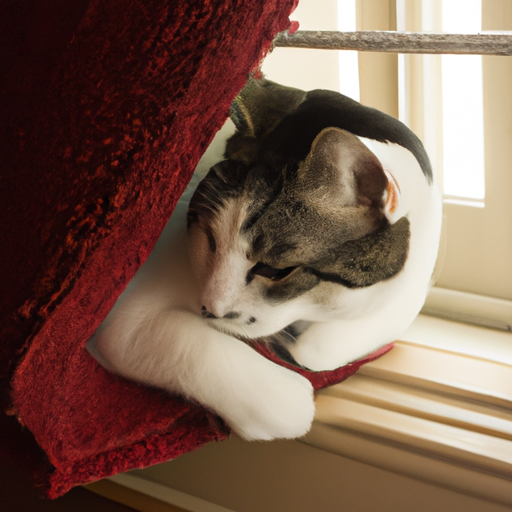
Indoor Cats vs. Outdoor Cats
Your cat’s lifestyle – specifically whether it lives primarily indoors or outdoors – can significantly impact its lifespan.
Challenges Faced by Outdoor Cats
Outdoor cats face myriad challenges and risks that indoor cats simply don’t. From traffic and predators to disease and extreme weather conditions, outdoor cats have much shorter life expectancies than their indoor counterparts.
Benefits of Indoor Living for Cats
On the flip side, indoor cats don’t face the same threats as outdoor cats and are less likely to find themselves in dangerous situations. So, it’s not surprising that they tend to live longer.
Comparison of Lifespans Between Indoor and Outdoor Cats
Generally, indoor cats live longer than outdoor cats. Some studies suggest that an indoor cat can live twice as long as an outdoor cat, with averages of 12 to 15 years for indoor cats and as little as 5 to 7 years for outdoor cats.
The Influence of Nutrition on Cat Lifespan
What your cat eats significantly impacts its overall health and, therefore, its lifespan.
Role of Balanced Diet in Cat’s Life
Cats are obligate carnivores, meaning they require meat in their diet. A well-balanced diet should be high in protein with the right amount of carbohydrates and fats.
Effects of Malnutrition on Cat’s Life Expectancy
Malnutrition can lead to numerous health problems for your cat, ultimately reducing its lifespan. Obesity, vitamin deficiencies, and other problems can result from a poor diet.
Specific Dietary Needs Per Life Stage
Just like humans, cats have dietary requirements that change as they age. For instance, kittens require lots of protein for growth, while older cats may need food that’s easier to digest.

Neutering/Spaying and Lifespan
Spaying and neutering not only help control the cat population but also impact a cat’s lifespan.
The Procedure of Spaying/Neutering
Spaying (for females) and neutering (for males) are surgical procedures that prevent cats from reproducing.
Benefits of Spaying/Neutering to Cats
Among other benefits, spaying and neutering can enhance a cat’s lifespan by reducing the risk of certain cancers and infections.
Impact of Neutering/Spaying on Cat Lifespan
Multiple studies have shown that neutered males and spayed females tend to live longer than their unaltered counterparts.
Common Health Issues and Lifespan
Just like humans, cats can suffer from a range of health issues that can negatively impact their lifespan.
Overview of Common Cat Diseases
Cats can develop a number of diseases, from diabetes and kidney disease to various forms of cancer.
Impact of Health Problems on Lifespan
Obviously, cat diseases can seriously impact lifespan. However, early detection and intervention can often manage these conditions and improve the quality and length of a cat’s life.
Preventing and Treating Common Cat Health Issues
Regular veterinary check-ups, prompt attention to health issues, and preventative measures such as vaccinations can help extend your cat’s lifespan by managing and preventing common health problems.
Genes and Cat Lifespan
Yes, genes play a role in how long your cat might live.
Understanding Genetic Influence on Cat Lifespan
Genetic factors can influence a cat’s longevity, including susceptibility to certain diseases and overall health- just like in humans.
Hereditary Diseases in Cats
Certain breeds may be prone to genetic disorders which
can impact their lifespan.
Breeding and Lifespan Considerations
When considering a new kitten, understanding the health history and longevity of its breed can be a helpful factor in your decision.
The Role of Regular Veterinary Care
Regular vet check-ups can help detect potential diseases early, extend your cat’s lifespan, and improve its overall quality of life.
Importance of Regular Check-ups
Regular check-ups can help early detection of any health issues, which when addressed promptly, can significantly enhance your cat’s lifespan.
Vaccinations – A Key to Longer Life
Vaccinations are crucial in cat’s life. They protect your cat from various diseases that can significantly reduce your cat’s lifespan.
How Preventative Care Influences Lifespan
Aside from vaccinations, regular dental cleanings, flea and tick prevention, and prompt treatment of any ailments can influence your cat’s lifespan positively.
Exceptional Long-Lived Cats
While most cats live between 13 and 17 years, some defy the odds.
Records of Oldest Cats
The oldest cat on record lived to be an incredible 38 years old!
Factors Contributing to Exceptionally Long Lives
The longest living cats likely got a combination of good genetics, excellent care, and a bit of luck!
Stories of Long-Lived Cats
Many stories abound about cats that lived well into their twenties and even thirties – giving hope to every cat owner looking to maximize their pet’s lifespan.
How to Help Your Cat Live a Longer, Healthier Life
And finally, the million-dollar question- how can you help your cat live a longer and healthier life?
Tips for Responsible Cat Care
Feeding your cat a balanced diet, regular exercise, and routine vet check-ups are the pillars of a long cat life.
Keeping Your Cat Mentally and Physically Stimulated
Physical activity, interactive toys, and mental stimulation can keep your cat happy and lean, contributing to longer life.
The Importance of Love and Attention to Cat’s Life Expectancy
Love and attention are essential! Spend quality time with your cat, shower it with affection, and provide a serene environment to maximize their health and lifespan.

